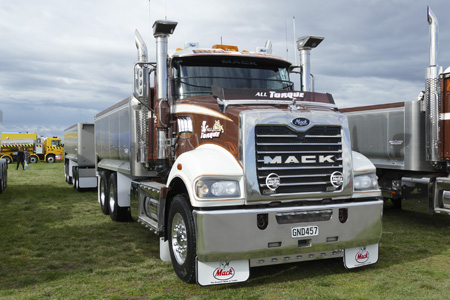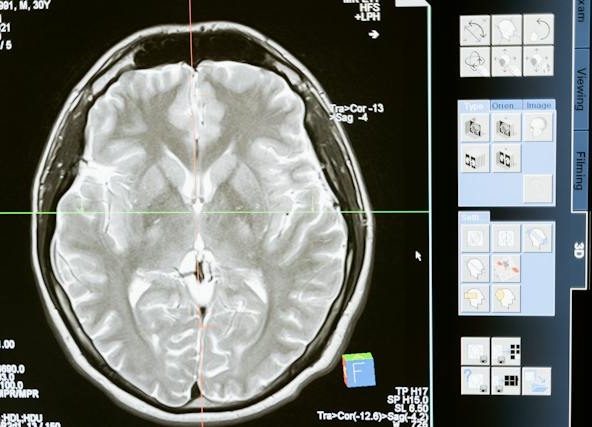What are some of the dangers associated with large trucks and tractor-trailers?
The most dangerous aspect of a gigantic truck of this size is its size and weight. These factors account for many factors that can cause accidents and take lives. Due to the size of a truck, there can be problems with visibility and blind spots. There is also a great chance of the trailer swaying into another driver’s lane of traffic or the trailer tipping over. Because of these large vehicles’ weight, they have a hard time stopping and often collide with cars in their path.
What are some of the causes of tractor-trailer accidents and collisions?
There is an array of reasons that can cause or lead to trucking accidents. Human error is often amplified directly in part to the nature of the strenuous trucking industry. It is most troubling when these incidents are the direct results of the negligence of the driver. If more care were shown, then perhaps the accident would never have occurred. Furthermore, truckers are often pushed too far beyond their limitations to meet a deadline, causing them to be tired or distracted. Another large factor of wrongful action to the victim is when drivers do not follow their company’s safety protocol. Examples of this include the oversight of maintaining the vehicle’s integrity or failure to use hazard lights at appropriate times properly.
Below are the leading causes of typical trucking accidents and collisions:
- Fatigue or drowsy driving
- Bald or faulty tires
- Ineffective brakes
- Intoxicated driving
- Unsafe passing
- Unbalanced loads
- Insufficient training for truck drivers
- Traveling too fast for road conditions
- Unfamiliar roadway
Do I need to see a doctor after my accident, even if I feel fine?
Simply put, yes. There are a lot of parts of your body that are incredibly fragile. You can easily mistake a seemingly harmless symptom for something dangerous or even deadly. For example:
Brain Damage: The brain is a too delicate part of your body. If your brain was hurt in a wreck, you might not realize the effects right away. You may begin to experience memory relapses or headaches. These could be sure to tell signs of damage to the brain.
Nerve damage: Nerve damage can also cause trouble that might not surface right away. You may attribute your feeling a little odd or different after the wreck to nothing more than a sore muscle. Whiplash, a concussion, or even something worse could be happening, and you may not even realize it.
Skull Fractures: As previously stated, the brain is fragile. This is why the skull is made so tough. Even though the skull can take a pretty good beating, it is not uncommon for an auto accident victim to have hairline stress cracks in the skull.
These are just some examples of common side effects of a trucking crash that go dismissed or unnoticed altogether. For your safety, always seek medical attention after a crash, collision, or accident.











